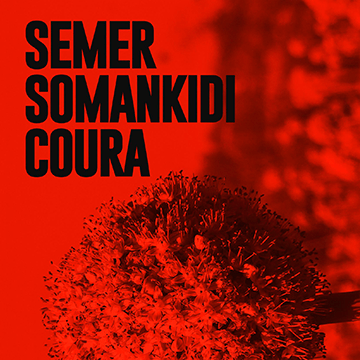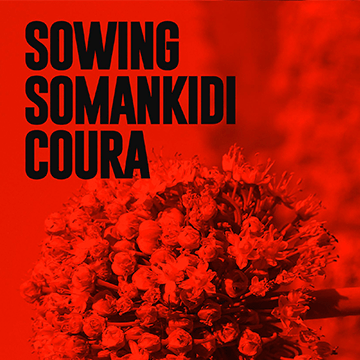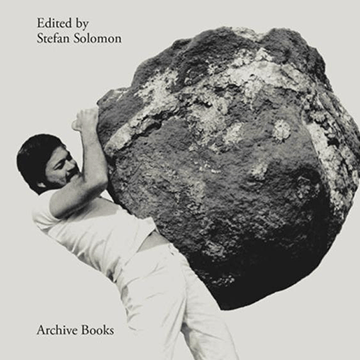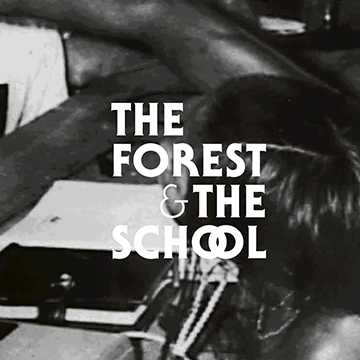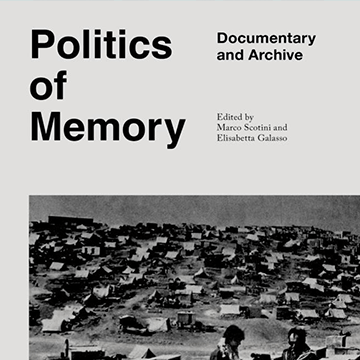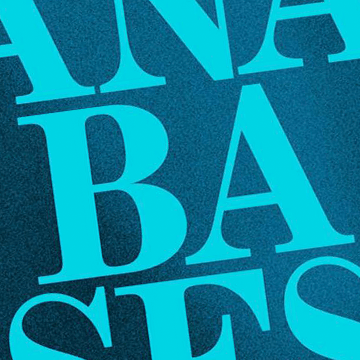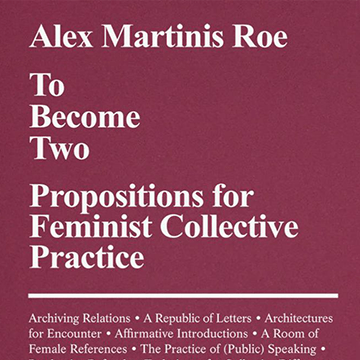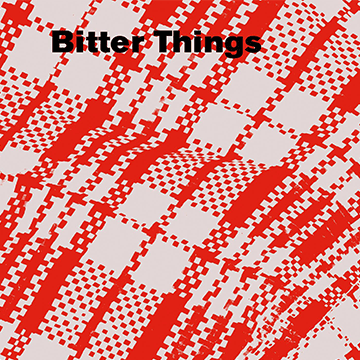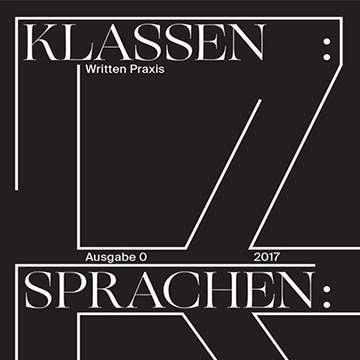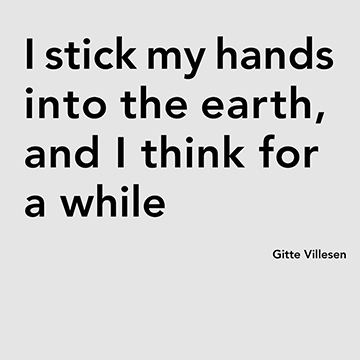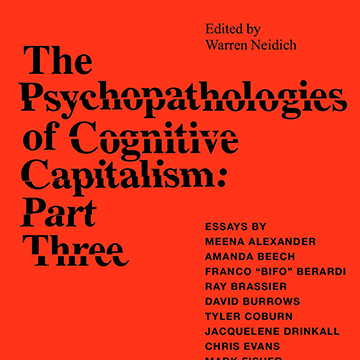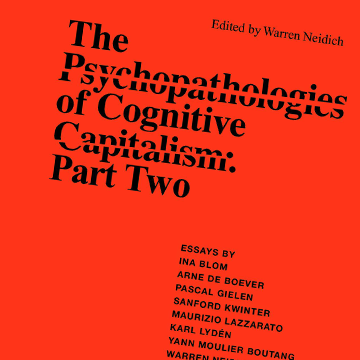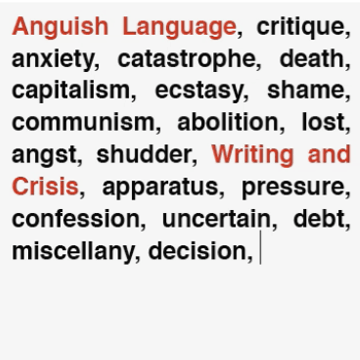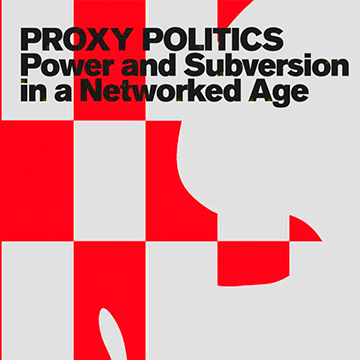Sowing Somankidi Coura. A Generative Archive is a long-term research endeavor initiated by Raphaël Grisey in collaboration with Bouba Touré. The project revolves around the permacultures and archives of Somankidi Coura, a self-organized cooperative along the Senegal river. The cooperative was founded in 1977 by a group of former African migrant workers and activists in France after the Sahel drought of 1973.
Category: Titles
Sowing Somankidi Coura
Sowing Somankidi Coura. A Generative Archive is a long-term research endeavor initiated by Raphaël Grisey in collaboration with Bouba Touré. The project revolves around the permacultures and archives of Somankidi Coura, a self-organized cooperative along the Senegal river. The cooperative was founded in 1977 by a group of former African migrant workers and activists in France after the Sahel drought of 1973.
Tropicália and Beyond
Although the short-lived Brazilian cultural movement known as Tropicália is most commonly associated with music and the visual arts, its sense of playfulness and strategies of appropriation have stimulated many of the country’s filmmakers from the 1960s to the present. Fifty years after its emergence, what is the legacy of Tropicália today?
The Forest and The School / Where To Sit at the Dinner Table
Edited by the writer and visual artist Pedro Neves Marques, this book is a thorough anthology on Brazilian Antropofagia. It presents Antropofagia not simply as an aesthetic movement, based on acculturation or an hybridity exemplary of the tropics, but as a full scope South American cosmopolitics, defined by predation and the immanence of the enemy, by an humanity unbound from species, and a technology aimed at leisure.
Politics of Memory
The anthology Politics of Memory aims to investigate the document as such, as an objective trace left by events, as material proof or the creation of reality – the strategies with which they transform a state of memory into State memory, those by means of which a historical removal is enacted, those, ultimately, in which there is an attempt to challenge permanent or temporary amnesia, opening up to the future. The artists and filmmakers contributing to this publication represent the most advanced area on an international scale of a research that inaugurates a new relationship between artistic practices and the documentary.
Anabases
Anabases is a project initiated by the artist Eric Baudelaire and conceived as a conversation between his own practice and the research of the philosopher Pierre Zaoui and the cinema theorist Jean-Pierre Rehm. It revolves around the notion of ‘anabasis’, a topic that has been explored in various fields and times, from Xénophon to Alain Badiou, through the poets Saint John Perse and Paul Celan. Anabasis is used to describe a period of ‘uncertain wandering and without guide’ through unknown and dangerous lands that ends when one returns to the native land. Each chapter collects documentary materials which are at the root of projects: chronologies, archival photos, maps, pages from books and newspapers. These documents tell a story that becomes the starting point of forms and films that Baudelaire realizes.
To Become Two
To Become Two: Propositions for Feminist Collective Practice offers a narrative of artist Alex Martinis Roe’s research into a genealogy of feminist political practices in Europe and Australia from the seventies until today. These practices include those of the Milan Women’s Bookstore co-operative; Psychanalyse et Politique, Paris; Gender Studies (formerly Women’s Studies) at Utrecht University; a network in Sydney including people involved in the Sydney Filmmakers Co-operative, Feminist Film Workers, Working Papers Collective, and the Department of General Philosophy at Sydney University; and Duoda – Women’s Research Centre and Ca la Dona, a women’s documentation centre and encounter space in Barcelona.
Bitter Things
Labor migration is worldwide creating new models of the transnational family, which despite geographical distances strives to maintain contact between the separated family members. But, how is the relationship between parents and children to be redefined whenever gifts and material support take the place of shared experience? When physical closeness has to take second place to communication programs like Skype and WhatsApp? How does this changing family landscape impact children and their parents? Bitter Things retraces positions on this topic from the 1960s right up to present day perspectives.
Klassensprachen
Instead of passing off art as a model for a better politics, we wish to test it for the signatures, the markers and forms of these deeply antagonistic relations of which art itself is a material part: we are concerned with art as a class language, as well as with class languages in art; with art’s room for maneuver as well as with its limits and restrictions, curatorially, in writing and debate.
I stick my hands into the earth, and I think for a while
Travelling through the forest in Mexico, I reread Ursula Le Guin’s The Word for World Is Forest, which is set on a planet covered with forest. The inhabitants of the planet have trained themselves to master their dreams. For them, dream-time and world-time are equally real. At some point, a group of earthlings arrives, intending to colonise the planet. To the locals, the invaders’ dreams seem like those of a 3-year-old with no control and no awareness. Also, the earthlings use hallucinogens that send their dreams out of control.
Glossary of Cognitive Activism
This glossary is meant to accompany the three-volume publication The Psychopathologies of Cognitive Capitalism Part 1, 2 and 3. It reflects the concerns contained in those volumes. It marks the beginning of a long-term process of creating a dictionary of terms with which to understand and eventually destabilize the complex ways through which a future Neural Capitalism will work in creating contemporary forms of neural subsumption.
The Psychopathologies of Cognitive Capitalism. Part Three
This third volume of The Psychopathologies of Cognitive Capitalism emerges from deliberations that took place during two different symposia. The first was a collaboration between Warren Neidich and Mark Fisher at the Department of Visual Culture at Goldsmiths College, titled The Psychopathologies of Cognitive Capitalism Part Three: The Cognitive Turn, and the second was an event organized in conjunction with the Goethe-Institut Los Angeles, Noise and the Possibility of a Future.
The Psychopathologies of Cognitive Capitalism. Part Two
The Psychopathologies of Cognitive Capitalism: Part Two is the second volume in a series which maps out the complex terrain of cognitive capitalism as an ontogeny in which its earlier phase has transitioned into a later phase that we are now beginning to experience. This volume collects together papers from a conference of the same name held at the Institute of Cultural Inquiry, Berlin, in the spring of 2013. The book contains three sections of which the first is titled Cognitive Capitalism: The Early Phase, the second The Psychopathologies of Cognitive Capitalism and its Responses, and the last The Cognitive Turn in Cognitive Capitalism.
The Psychopathologies of Cognitive Capitalism. Part One
This book collects the papers that were presented at "The Psychopathologies of Cognitive Capitalism: Part One" conference in Los Angeles in November 2012. The conference brought together an international array of philosophers, critical theorists, media theorists, art historians, architects, and artists to discuss the state of the mind and the brain under the conditions of cognitive capitalism, in which they have become the new focus of laboring. How have emancipatory politics, art and architecture, and education been refined by semiocapitalism? What might be the lasting, material ramifications of semiocapitalism on the mind and brain?
Anguish Language: Writing and Crisis
Edited by John Cunningham, Anthony Iles, Mira Mattar and Marina Vishmidt.
Anguish Language approaches language as a core aspect of the present social crisis. The project engages in solidarity with forms of self-publishing, poetry, criticism, experimental writing and declamation that have arisen in the wake of the 2007-8 financial crisis, considering language among and through the social strugge responding to its consequences.
Proxy Politics
This publication looks at proxy-politics on both a micro and a macro level, exploring proxies as objects, as well as networks as objects. What is the relation between the molecular and the planetary? How to fathom the computational regime?
Yet, whilst being a manifestation of the networked age, thinking like a proxy offers loopholes and strategies for survival.
